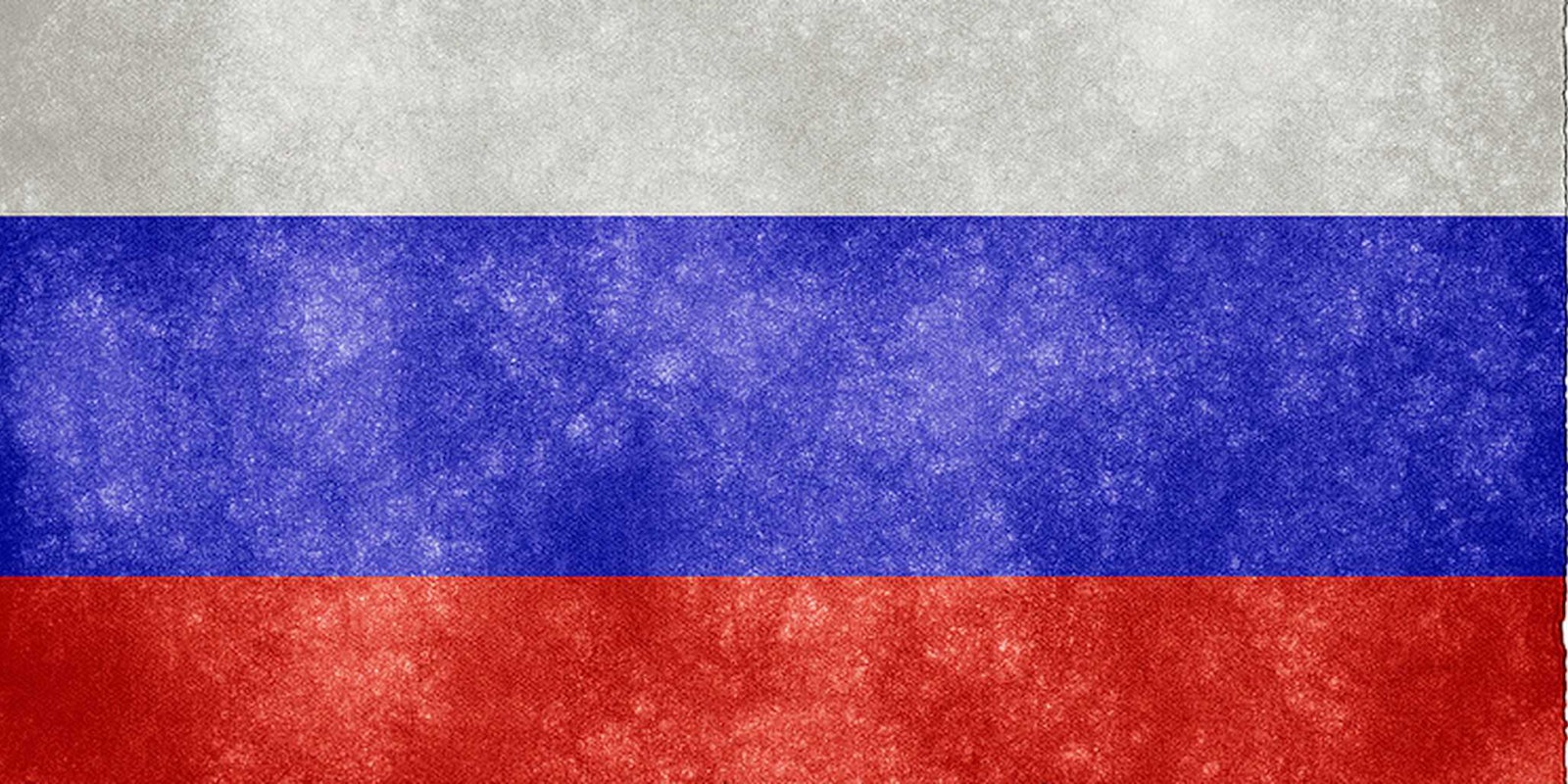Russian politicians are dead set on redefining the term “nanny state.” The latest target in their war to protect the nation’s youth: bad words on the Internet.
Under a new proposal before the State Duma, sites that host swear words may be blocked from the Russian Web if they fail to remove the offending pages within 24 hours. The legislation would dramatically expand the scope of the country’s controversial “blacklist law,” which blocks sites hosting a few specific types of content deemed harmful to minors—namely, child porn and information on drugs and suicide.
But are swear words really on par with child porn and suicide guides? Yelena Mizulina, chairwoman of the duma’s Committee on Family, Women and Children, and the proposal’s author, sure thinks so. According to Mizulina, the Internet, with its bottomless pits of nasty word sludge and toxic troll droppings, is convincing kids that bad language is normal.
“We receive very many complaints from parents on the excessive amount of abusive language in Internet publications and social networks visited by children,” she said, according to Russian newspaper Izvestia.
Then, in a backhanded insult to vodka-swilling uncles across Russia, she added, “Parents are concerned that their children may develop a wrong stereotype that using obscene language in communication is normal, which is actually far from being the case.”
Before you laugh this whole thing off, keep inmind that Mizulina actually has a solid track record passing draconian legislation she says is good for the kids. Just last month, citing fears that deviant sexual behavior was forcing “a distorted perception of social equality” on Russia’s youth, she pushed a ban on “homosexual propaganda” through the duma. Violators face a $31,000 fine.
Welcome to your new home, Edward Snowden!
Photo by Nicholas Raymond/Flickr


